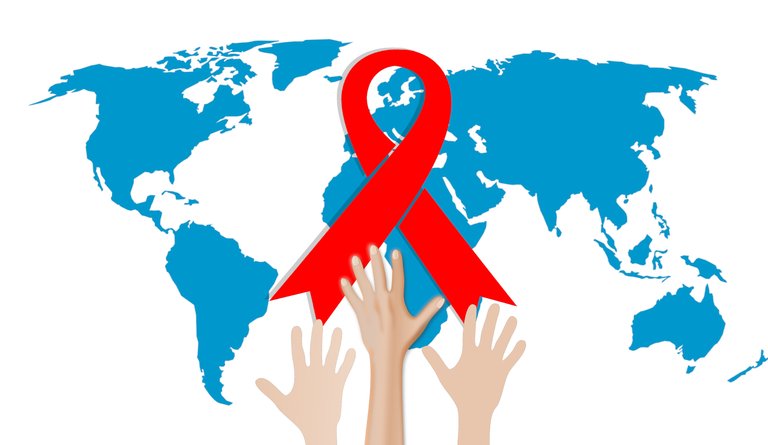Medical technology is not enough to end the AIDS pandemic, according to The Lancet.

Recently, the medical journal The Lancet confirmed that when the blood giba is almost undetectable (less than 1000 viruses per milliliter) there is no risk of sexual transmission. The article reviewed the research conducted between 2010-2022 and confirmed that, thanks to antiretroviral treatments, the risk in these cases was zero. Furthermore, they concluded that the outcome was very important not only to improve the quality of life of seropositive people and their partners, but also to eradicate stigma.
Based on this article, the same journal has published an editorial on the future of AIDS. In the editorial they have recalled other advances such as post-exposure prophylaxis and long-term injectable treatments. But they stress that medical technology is not enough to end the AIDS pandemic.
Indeed, one of the Sustainable Development Goals is to reduce by 90% by 2030 deaths from new infections and AIDS compared to 2010. For the time being, this objective does not seem to be achieved. For example, in the US, new infections are not decreasing as they should. Among its causes is the availability of treatments, stigma and social determinants of health, so their coping is essential to approach the objective.
In addition, the gap between the most impoverished and rich countries is widening internationally in AIDS funds. And he points out that population groups who have sex with men, sex workers, transgender people, injecting drug users and prisoners are key. Ensuring that all of them have access to prevention and treatment is a priority, according to the editors. Finally, The Lancet’s editorial calls for the end of the AIDS pandemic to be prioritized also on the WHO agenda.
Buletina
Bidali zure helbide elektronikoa eta jaso asteroko buletina zure sarrera-ontzian








